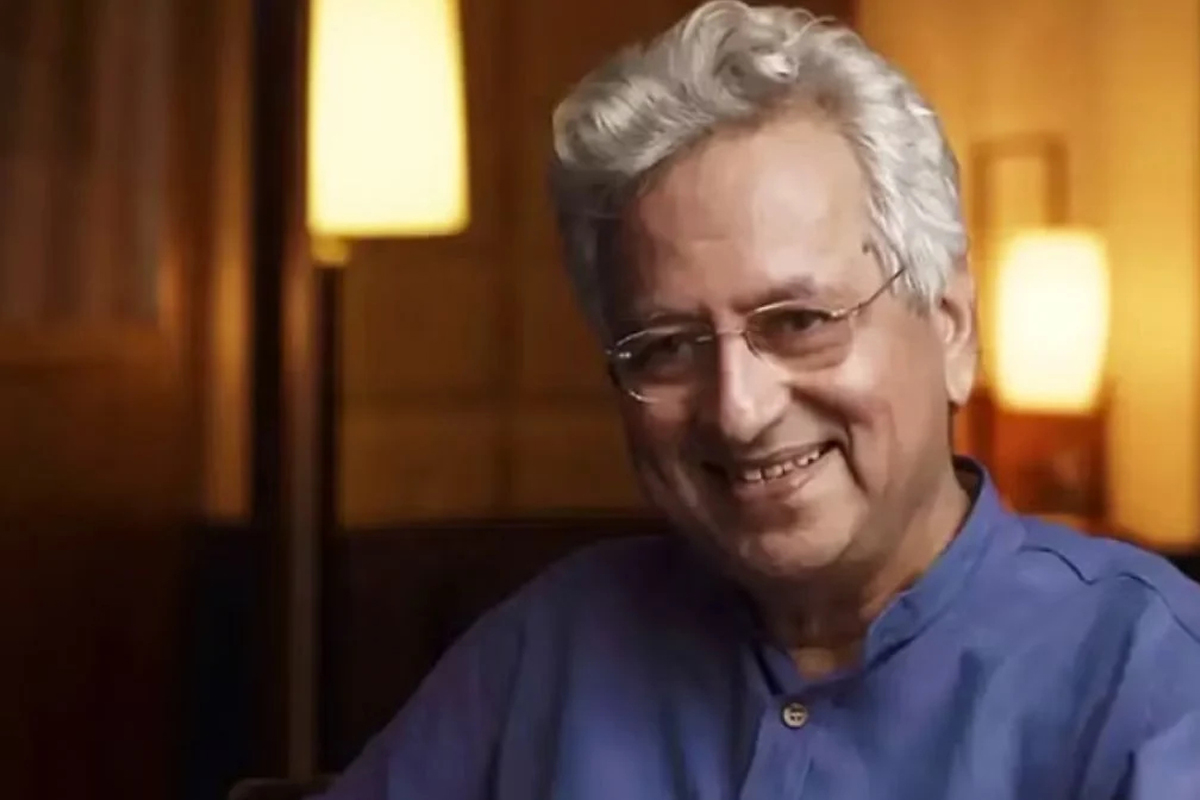Journey from a Bihari Babu to a Bengali one
The original Bihari Babu, Shatrughan Sinha needs no introduction. His Instagram handle says: Actor, politician, Lok Sabha MP from Asansol, two-time former Cabinet minister....
None of the films by Kumar Shahani and Mani Kaul, another contemporary of his times, got a theatre release, but their films were critically acclaimed in student circles, among aficionados of cinema, and in international film circuits.

The death of art house filmmaker Kumar Shahani brings to an end a legacy of filmmakers who greatly influenced students of cinema at the Film and Television Institute of India (FTII), Pune. He himself was influenced by a French master like Robert Bresson and the Italian neo-realist Roberto Rossellini.
Kumar Shahani was born in Larkana, Sind, but died in Kolkata on 24 February at the age of 83, saddening a loyal band of fans and followers.
Closer home, Shahani studied under Ritwik Ghatak at FTII. The teacher and student shared a very close bond, with clear influences of Ghatak on his films, which included a number of experimental documentaries.
Advertisement
Those were radical times in which these filmmakers operated. Mani Kaul, Adoor Gopalkrishnan, and John Abraham questioned the actual purpose of cinema. With staunch leftist ideals, they were disillusioned with independent India and the sadness reflected in their films. Two outstanding films directed by Shahani were Tarang and Maya Darpan. But it is not films that Shahani is noted for, but for his uncompromising stance that cinema should not be commercialised but pursued with passion. Kheyal Gatha was an experimental documentary made by him to explore this genre of north Indian classical music.
None of the films by Kumar Shahani and Mani Kaul, another contemporary of his times, got a theatre release, but their films were critically acclaimed in student circles, among aficionados of cinema, and in international film circuits.
At the end of the day, it was all about a very structured and theoretical political cinema where form scored over content. It never touched the heart, but the head. In this, they differed from Ghatak, who touched an emotional chord through his films. Shahani’s films were never a success but appealed to a section of idealist film students and filmmakers. Sadly and gradually, he became irrelevant and mostly forgotten, except by his staunch loyalists. A sad end perhaps to a talented man who studied cinema in Paris and even assisted Bresson in one of his films.
Advertisement